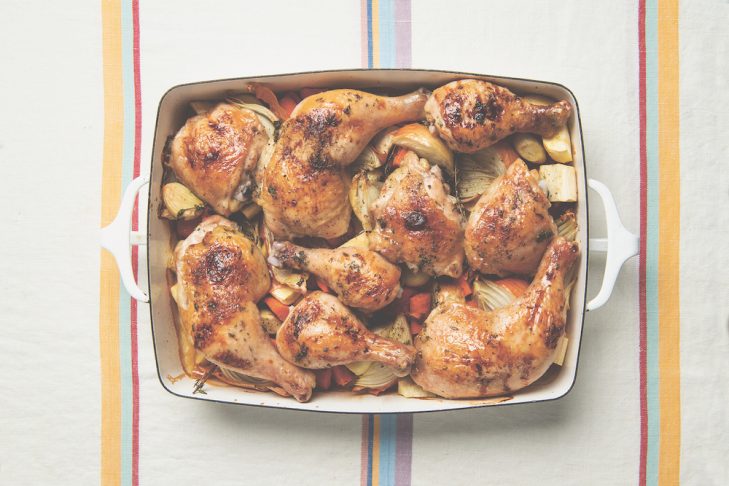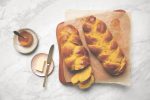Brooklyn writer Leah Koenig has assembled a vast, luscious array of Jewish recipes from around the world for her comprehensive new cookbook, aptly titled “The Jewish Cookbook.” The author (and mom!) talked to JewishBoston about the book, out Sept. 11, and shared two family-friendly recipes here.
Tell us about your culinary background and how you got into writing about Jewish cooking.
I’m not a trained chef, but I grew up in a home with a mom who was a really wonderful cook. I grew up in the 1980s and ’90s when Hot Pockets and Lunchables were kind of the standard fare! And during that time, we went to the farmers market, and she always made sure we had real maple syrup on the table. So even though I was actually a fairly picky kid and certainly not interested in cooking as a kid, I feel like I took some early lessons from her, and that kind of stuck with me.
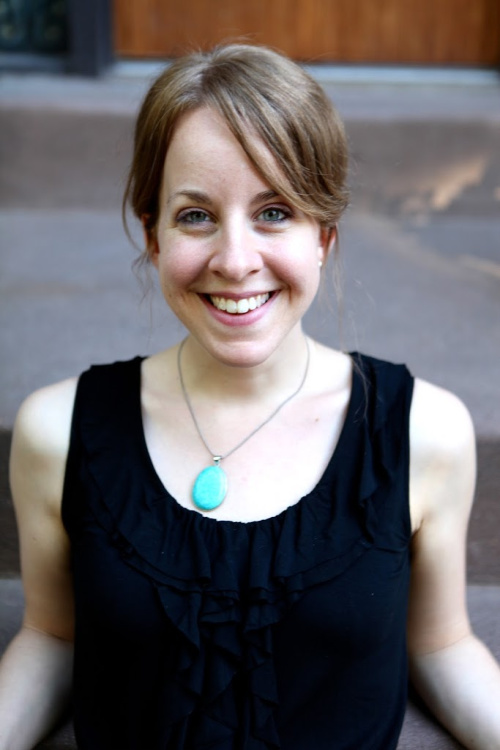
It was in college that I first got into cooking. I lived in an environmental studies house, a co-op basically, and we cooked for each other every night, so we would take turns. And there were 17 people in the house, plus anybody else who would drop by. I kind of learned trial-by-fire cooking. I cooked for 30 scraggly hippies before I learned to cook for just one or two people. It was the beginning of the sustainable food movement as we know it today. It was a really meaningful time for me as an eater, as a cook and as a person.
How did the Jewish piece fall into place?
The next stage is that I worked for Hazon, a Jewish environmental nonprofit, and I ran all of their food programs. That was really when food, Jewish life, Jewish culture and sustainability kind of all came together for me. Then the Jewish piece came because they always say to write what you know. Jewish food was my foundation. And the more I scratched the surface, the more I realized that Jewish food is so much more than the Ashkenazi food I grew up with. I consider myself a journalist first. And then the food and the cooking came later, but now they’re pretty equal. But I definitely got into cooking through writing.
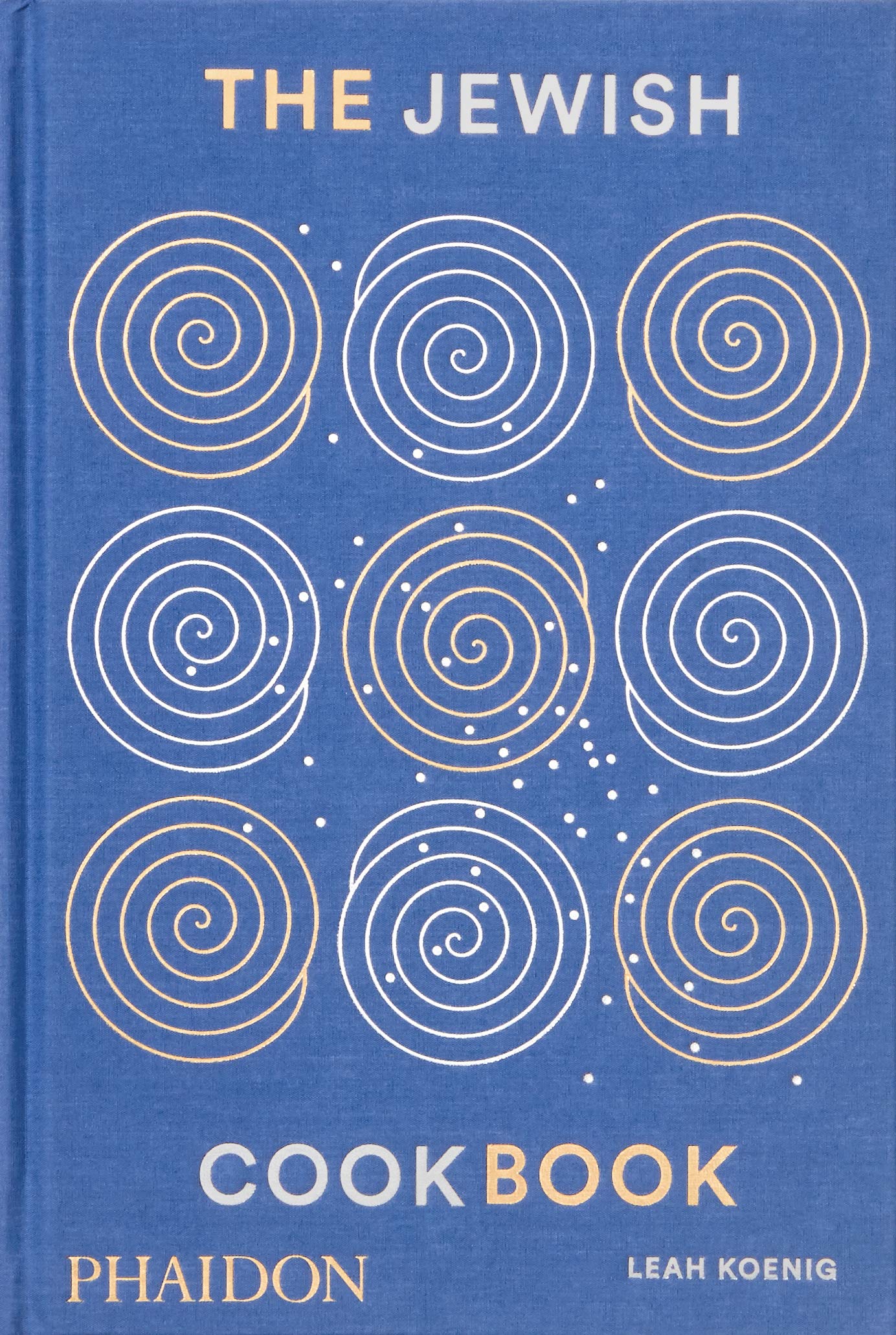
Tell us about what you think makes Jewish food unique and special.
The most important thing to me about Jewish food is that it’s global—it’s a global cuisine. Jews have lived and cooked just about everywhere in the world, maybe barring Antarctica. So, it’s a global food, a global cuisine. You don’t have to choose; you get a little bit of everything.
Related
Do you have a favorite recipe in this particular cookbook?
Gosh! I don’t necessarily have a favorite recipe, but I think the fritters chapter is my favorite chapter. Jews fry things really well! Whether you’re talking about Italy’s deep-fried artichokes, which the Jewish community of Rome is sort of known for, or potato latkes, or the really gorgeous debla, which are the fried pastry roses…they’re such a great tradition that extends so far beyond Hanukkah.
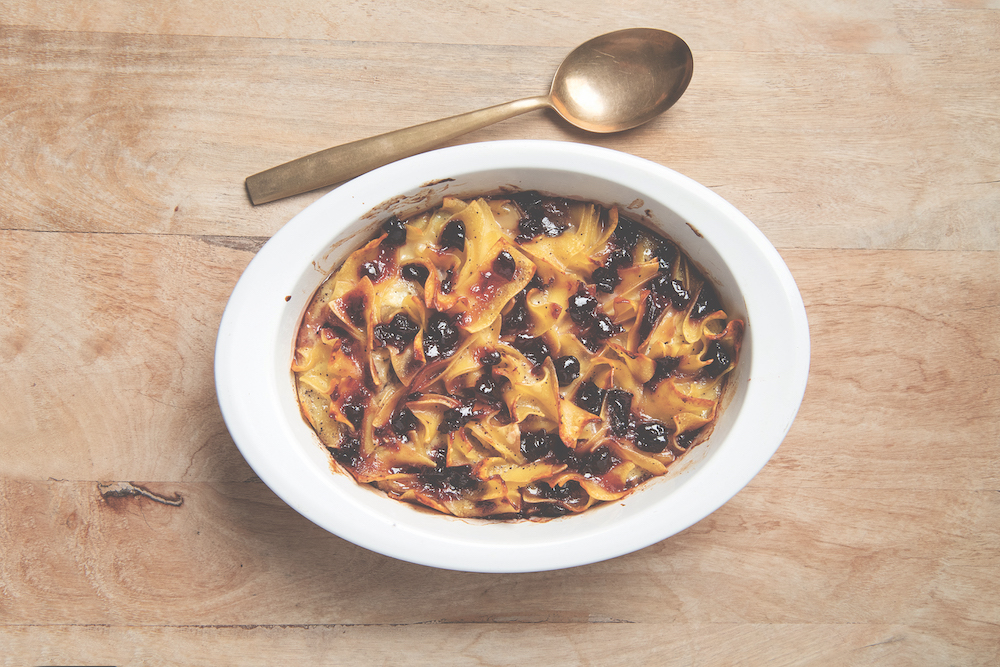
What about cooking with kids? Any kid-friendly stuff people should look for?
Yeah, there’s lots of kid-friendly stuff. It’s not geared in that direction, but so much of Jewish cooking is about family and about holidays. I baked hamantaschen with my mom every year growing up. I didn’t bake challah with my mom, but I bake it with my kids. So there’s a wonderful Sephardic pumpkin bread, pan de calabaza, which is basically hollow, but it’s got pureed pumpkin and spices in it. It’s really delicious and would be so fun to make with kids!
What do you want people to get out of this book?
I love that question. I really want two things: First, that people cook and make the recipes, and really incorporate a new taste they’re not familiar with onto their tables. If you’re Ashkenazi, try making something Sephardic. If you’re Sephardi, try making something from Georgia, or from India or Eastern Europe. I really want folks who are Jewish to play and to learn. And then for folks who aren’t Jewish, I want to express and to claim that Jewish cuisine has something to offer the wider world.
Leah Koenig will be in Boston on Nov. 17 for a hands-on challah-baking class, and on Nov. 18 for an author talk and book signing. Find more information here.


